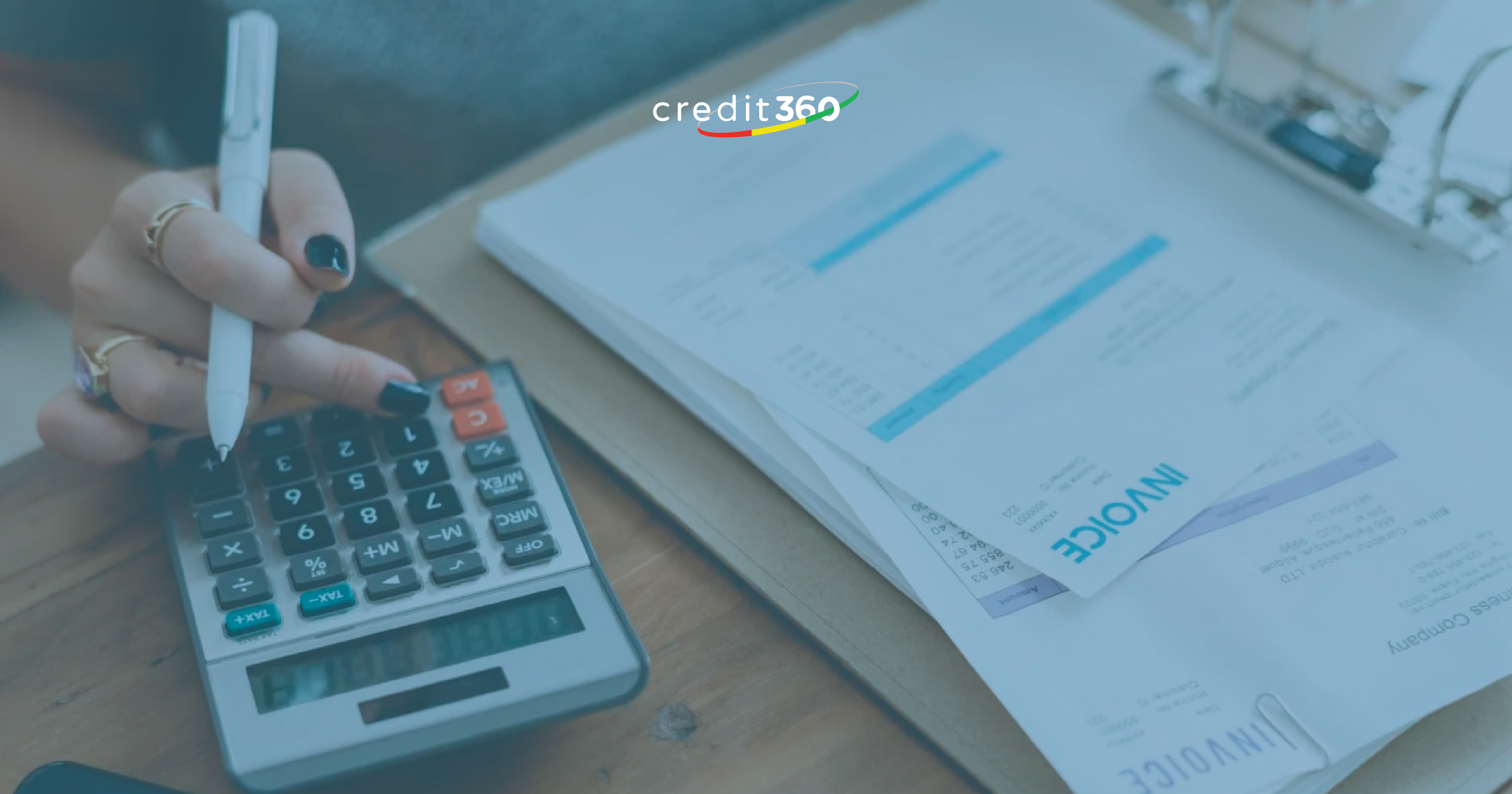
When repairing credit with Credit360, the first step involves paying off all debt. However, paying down debt is easier said than done! Whether you have a large or small owing debt, managing your finances to pay it off can be challenging. For this reason, we listed three mistakes people make when paying off debt to help you be self-aware with your finances and put you on the right track to fix your credit!
Contents
1. Impulse Buying
Spending money is an instinct for most people. However, spending can quickly become a problem when you go beyond your financial means. Oxford Languages define impulse buying as “purchasing goods without planning to do so in advance, as a result of a sudden whim or impulse.” Impulse buying won’t help you pay off any owing debt because money is being spent on shopping instead. For some, impulse shopping may even be the reason why you are in debt! We understand that impulse buying can happen to anyone. However, if impulse buying is a reoccurring habit of yours, then you may need to start practicing new healthier habits. One habit you can practice to counteract impulse buying is the 30-day savings rule.
The 30-day savings rule is a voluntary act that prevents you from impulse buying by taking the time to stop yourself from making an impulse purchase instead of saving the money you would use to purchase the item. After 30 days have passed, if you still want to buy the item, you can use the money you put aside to make the purchase, knowing you managed your money responsibly. But, if you’re no longer interested in the item, then great you just saved money! With the money you save from your impulse buying, you can use it to pay down your debt, putting you one step closer to financial freedom.
2. Only Paying the Minimum
In our “Common Oversights That Can Impact Your Credit Score” blog, we briefly talked about Not Paying Your Balances in Full. By only paying down credit card debt with the minimum payment, you will find yourself falling into a debt trap. The minimum amount on your credit card statements is just a suggestion for how much money you could pay to avoid a missed payment. However, it doesn’t necessarily mean you’ll avoid the interest charges or help with getting out of debt.
Suppose you’ve only been paying the minimum payment. You may begin to notice that the minimum amount increases with each billing cycle or that your statement balance increases even if you’re not using your card. The reason is that interest charges start to accumulate on your credit card. Interest charges apply when you don’t pay your bills in full. Suppose this is a continuous practice. You’ll eventually find yourself in a trap because you’re only paying the interest itself and not the debt you owe. Also, paying the minimum will only decrease the debt you own by a small amount.
3. Not Prioritizing Saving
People often assume that saving is impossible while paying off debt. However, saving even a small amount from your income can help you in the long run! When you don’t save to pay off your debt, you’re setting yourself up for challenges in the future because unexpected emergencies are bound to happen. Suppose your car breaks down and you have no coverage to pay for the repairs. This can cost you anywhere from a few hundred dollars to a thousand. Without savings, this can cause a significant strain on your finances. You may even use more credit to pay for the repairs causing you to fall deeper into debt. Saving should always be a priority because it secures your capital in cases of emergency, so you don’t have to rely on borrowed credit. One rule to help you save is the 50-30-20 budgeting rule, where you divide your income into three parts: 50% for needs, 30% for wants, and 20% for saving. The 50-30-20 savings rule gives you an overview of how you can divide your income while being financially self-sufficient. Overall, by relying on your liquid, you can avoid dealing with the stress of paying a financial institute back.
Paying off debt may sound complicated, but it’s not impossible! That’s why we at Credit360 hope this blog sets you up for success on your journey to paying off debt!

